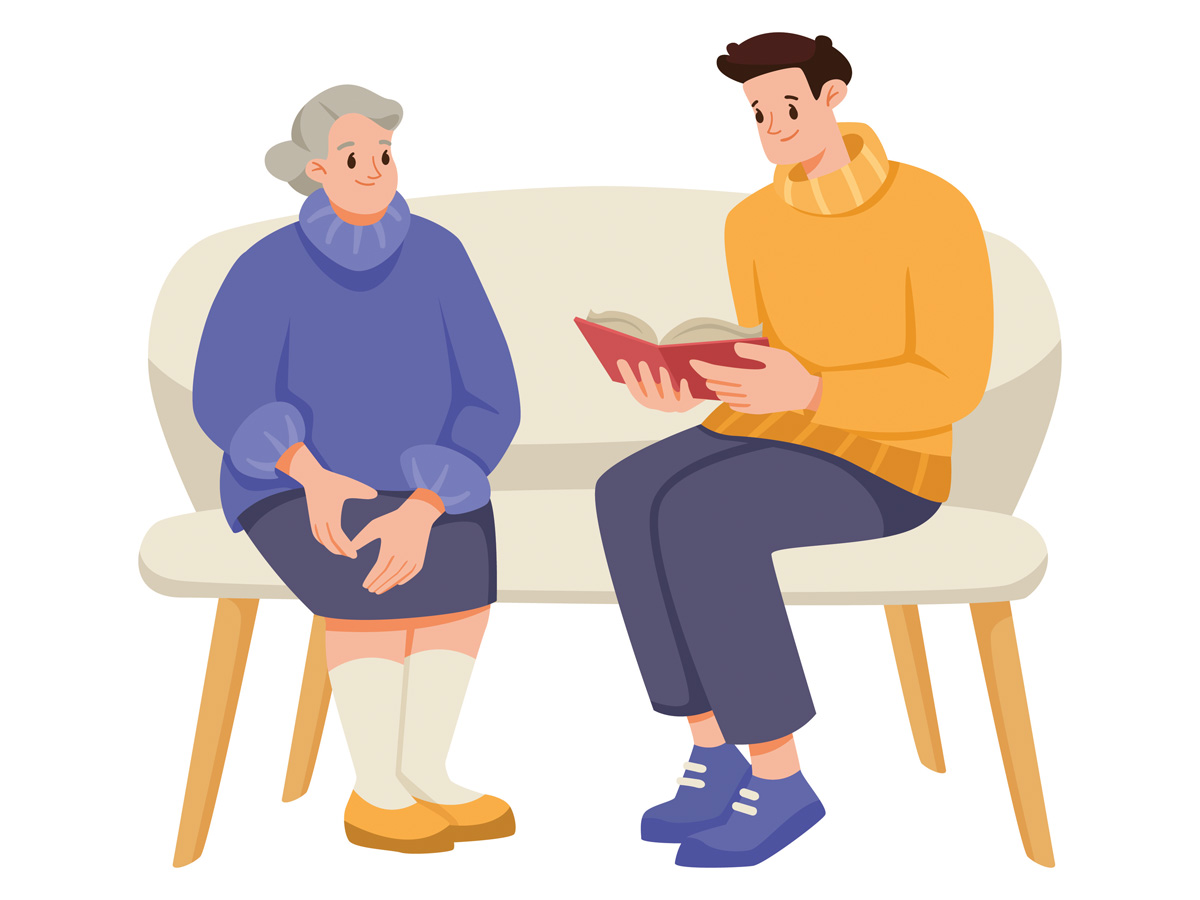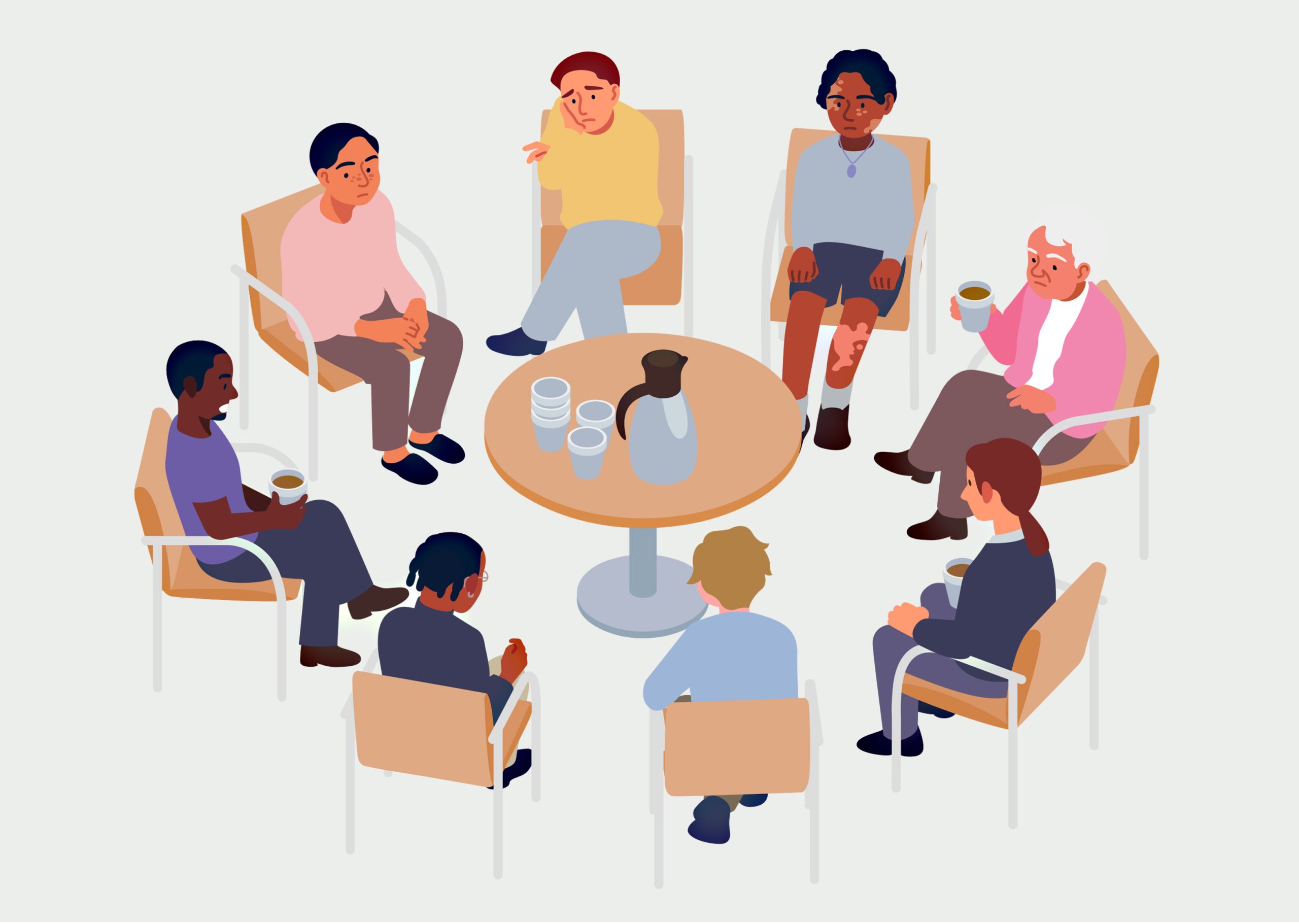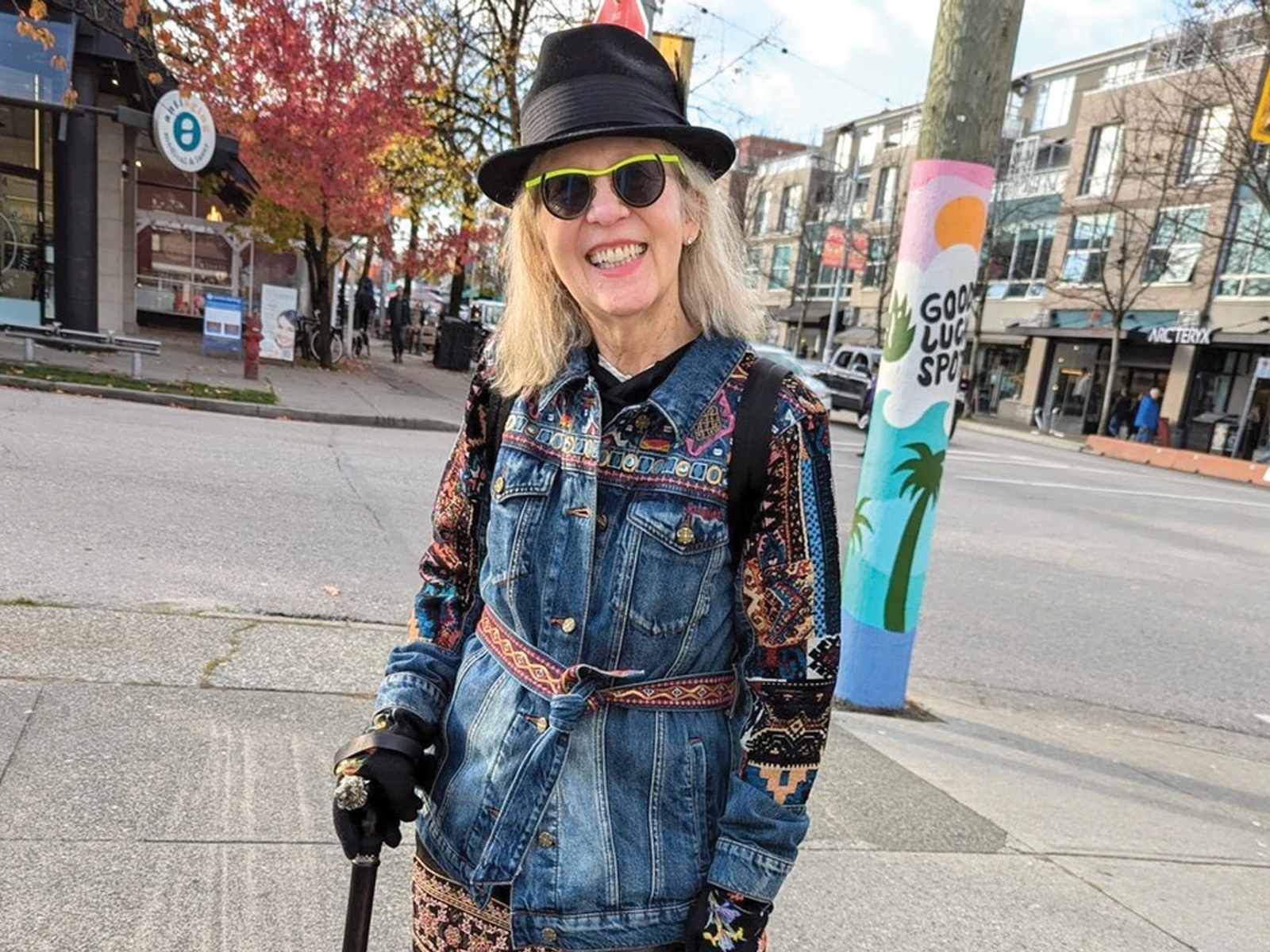Choosing between group and individual therapy—and finding support that truly fits.
There’s a moment — quiet, powerful, and often scary — when someone asks themselves:
“Would therapy help me?”
As a social worker who’s had the privilege of working with individuals living with disabilities and their families for many years, I know that this question isn’t just about mental health. It’s about trust, access, stigma, safety and belonging. It’s about whether your experiences — especially those shaped by disability, marginalization, trauma, or difference — will be honoured, not overlooked.
If you’re wondering whether therapy is right for you, you’re not alone. This is a deeply personal decision, and there’s no one-size-fits-all answer. But I hope this guide can offer clarity, reduce some of the noise, and empower you to choose the path that feels right — whether that’s therapy, peer support, coaching, spending time in community spaces, or something else entirely.
Why people seek therapy
Therapy isn’t just for moments of crisis. People access therapy for all kinds of reasons, including:
• Navigating big life transitions
• Living with anxiety, depression, or stress
• Exploring identity, including disability, gender, or culture
• Facing grief, trauma, or loss
• Managing caregiving responsibilities
• Feeling isolated or stuck
• And many more reasons…
You don’t need to be in crisis, have reached a breaking point, or have a formal diagnosis to deserve the support and benefit you can receive from therapy. Therapy can be a space for reflection, learning, and care at any stage. In fact, therapy is for anyone navigating any challenges, transitions, or questions. If something is weighing on you — emotionally, relationally, physically, spiritually — therapy can be a space to explore that with support.
Individual vs. Group therapy
One of the first decisions many people face is whether to try individual or group therapy. What’s the difference? Both offer value — the choice depends on what you’re looking for, what feels safe, and what’s accessible to you.
One-on-one support
Individual therapy is what most people picture when they think of therapy: a private space where you and a therapist meet regularly. This setting may feel more comfortable if:
• You prefer privacy and discretion
• You want tailored support that adapts to your unique experiences
• You need time to build trust before sharing in front of others
• You’re navigating complex issues (such as medical trauma, ableism, or intersectional identities)
In individual therapy, your therapist gets to know you — your story, strengths, barriers, and goals. It can be a powerful way to deepen self-understanding and develop new strategies for coping or healing.

Shared healing, shared voices
Group therapy brings together people with shared or similar experiences — facilitated by a therapist — to explore challenges and offer mutual support. Some groups are “closed” (same group over time), while others are “open” (drop-in style). Group therapy may be a strong fit if:
• You find strength in community and connection
• You want to hear how others navigate similar experiences
• You feel alone or misunderstood and want to feel less isolated
• You’re curious about therapy but not ready for one-on-one yet
• You’re seeking disability-positive peer spaces
Many folks worry: “Should the people in the group have the same situation as me?” That depends. For example, a group for people with chronic pain or people navigating neurodivergence might feel validating — like finally being with others who “get it.” But other times, a more diverse group can offer fresh perspectives, help build empathy, and remind you that healing doesn’t have to look the same for everyone. What matters most is your psychological safety. Ask yourself: Do I feel welcomed? Respected? Seen?
Who can help me decide?
You don’t have to figure this out on your own. Start by reaching out to someone you trust: a support worker, a case manager, your doctor, a peer mentor, or a family member. Many agencies (especially those rooted in disability justice) offer intake assessments where you can talk through your needs and explore options before committing to therapy.
If you’re connected to a service organization, ask about waitlists, financial assistance, accessible formats (like ASL interpretation), or virtual options.
The bottom line? You are allowed to ask questions. Therapy should never feel forced, rushed, or harmful. It’s okay to take your time.
What about disability-specific experiences?
As a person living with a disability or someone living with the impact of ableism — whether directly or as a caregiver — it’s essential that therapy doesn’t pathologize your identity. Many people with disabilities enter therapy with layered trauma: medical trauma, exclusion, institutionalization, or experiences of being “fixed” rather than affirmed.
So, is therapy right for you?
Yes — if it honours who you are.
And that might mean seeking out a therapist or a group who understands disability, lived experience, or community- based care. But it might also mean giving yourself permission to move away from supports that don’t align with your values. Healing happens in relationship — and that relationship should include respect, accessibility, and dignity.
Therapy isn’t the only option
While therapy can be helpful, it’s not the only path to healing or growth. Peer support groups, creative expression, land-based healing, cultural or spiritual practices, disability arts, and community activism are also forms of care. Therapy is just one part of a holistic, community-rooted approach to well-being.
Whatever path you choose, know this: you deserve support that sees you as whole. And you deserve to decide what healing looks like for you.
Joey Florence, MSW, RSW is a passionate social worker working alongside individuals with disabilities, Joey leads innovative vocational, community, and social-based programs rooted in equity and inclusion. Joey also runs an innovative school education program that empowers and equips individuals with actionable insights to foster healthier digital habits and mental well-being.
thesocialreboots@gmail.com
Images: iStock













